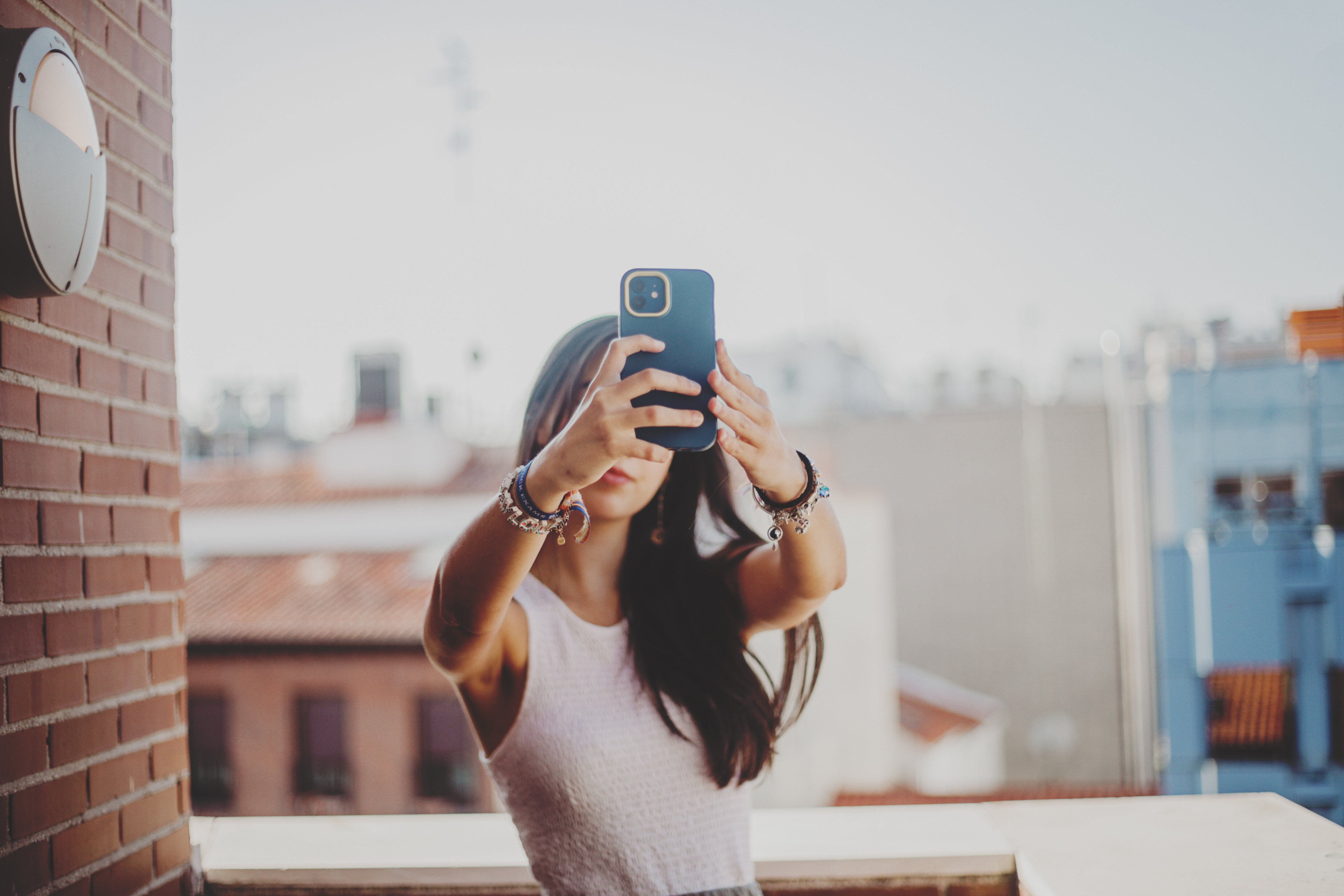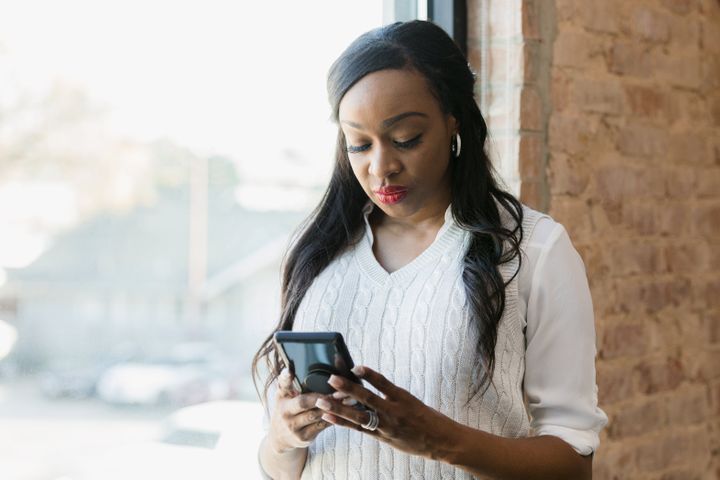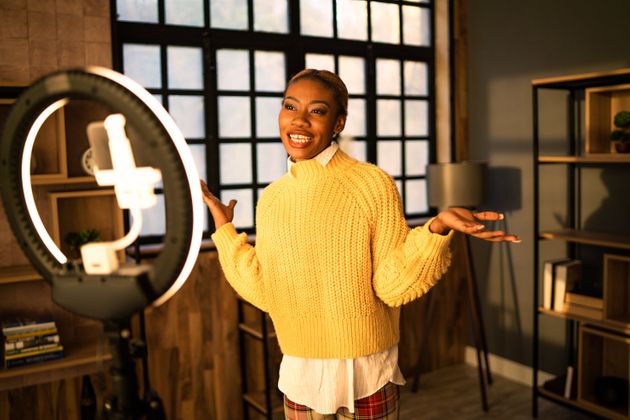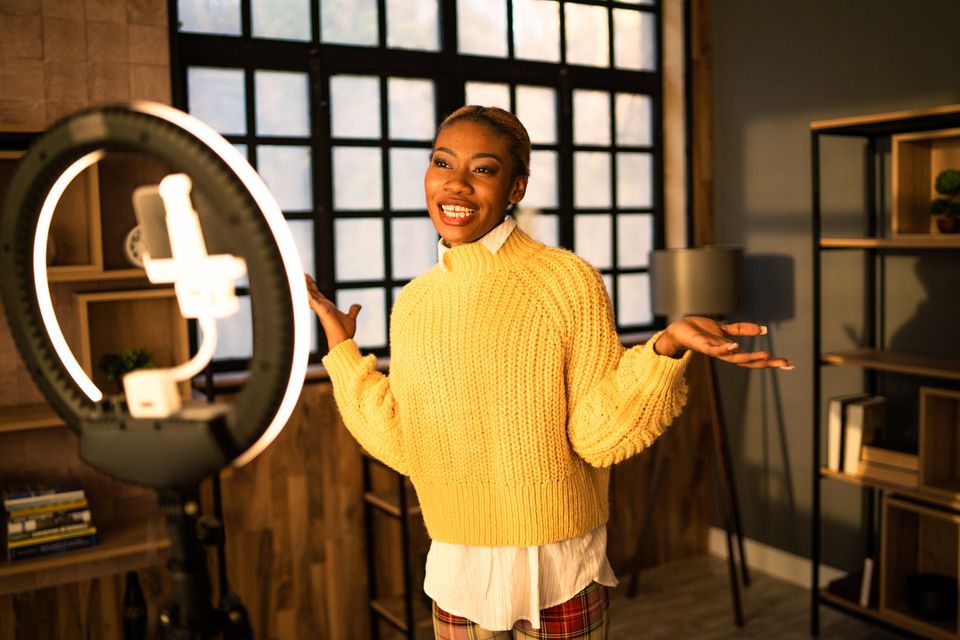
It’s easy to scroll through TikTok or Instagram and see your favorite influencers sharing glamorous updates, whether that’s opening free gifts, walking red carpets or traveling.
At first glance, it looks like influencers are living their dream life ― and, in a way, they are. They have access and opportunities the general population doesn’t normally get, simply because of their follower count. But on the other hand, social media is a glorified highlight reel, and it does come with dark sides — even for people whose job is to be on social media.
Advertisement
According to a 2023 Morning Consult survey of 1,000 Gen Zers, 57% of them wanted to be influencers. That statistic is a clear example of how this career path is becoming more popular among young adults and the general population. But there are a few downsides you should know first.
To get the lowdown, we spoke to influencers about the dark sides of influencing they wish more people knew about. Here’s what they had to say:
Being an influencer is time consuming
Most jobs feel long and draining, whether you’re working a nine-to-five in an office or scheduled for a 12-hour shift at a clinic. When it comes to being an influencer, although the hours might not be predetermined, the time put in is still the same ― and sometimes even more.
Advertisement
“Being a content creator involves tons of editing, concept development and collaboration with brands,” said Savannah Vinson, a New York City-based influencer with almost 200,000 followers on TikTok. “For instance, a simple voiceover can take me six hours, not including the time spent filming or editing. It’s not always glamorous, even though people often think it is.”
Aside from creating the content itself, there’s also a lot of back and forth that goes on between brands before filming and posting take place. For example, for Vinson, time is spent coordinating visits and planning transportation to different locations in New York City and beyond to capture the content itself.
Not to mention the fact that social media makes us feel like we always have to be “on.” The same holds true for influencers ― you’re never truly unplugged from your job, making the actual working hours much longer than you think.
Advertisement
Social media can be fake
Aside from being time-consuming, Vinson told HuffPost that social media can be incredibly disingenuous.
“Everything looks polished, but behind the scenes, it’s all about angles, lighting and editing,” she said. “I try to show the full experience, but you can’t always trust what you see online. It’s important to follow your gut and remember that things aren’t always as perfect as they may seem.”
On social media, most people post their happiness and successes. Think about what you personally post; chances are you’re not constantly sharing about your conflict with your partner or the criticism from your boss at work. You’re also likely not uploading a photo you feel is unflattering. The reality is that there’s often a lack of vulnerability and truth about the full spectrum of your life, and that can be draining.
Advertisement
“I try to show the full experience, but you can’t always trust what you see online. It’s important to follow your gut and remember that things aren’t always as perfect as they may seem.”
– Savannah Vinson
Influencing can be detrimental to your mental health.
Peter Petrella, an Orlando-based influencer with 85,000 followers on TikTok, told HuffPost it can be hard to navigate strangers’ opinions and mean comments ― and that can take a toll on your overall mental health.
“Speaking online means that you’re speaking to millions. It’s safe to say that no matter what you say, there’s going to be someone that doesn’t agree or doesn’t like what you have to say ― and some people can be not so nice,” he said.
Advertisement
Petrella noted that he had to learn to not let the comments section discourage him and post regardless of what people think.
“Being able to stay true to your own integrity while not letting those that disagree get in your head is a learned mindset that becomes essential when you take the path of becoming an influencer,” he said.
You can’t control the algorithm — and that can affect your success
Although an influencer might have a lot of followers, that doesn’t necessarily mean every video they post is going to perform well.
Advertisement
“Sometimes, most random things go well, and something you thought was going to go viral does not perform as you wish,” said Karina Achaeva, a New York City-based influencer with more than 950,000 followers on TikTok. “It’s truly impossible to control the algorithm most of the time.”
This can be hard for influencers because this is the main way they get followers, but it also can be hard from a business perspective. This is because brands they work with have certain expectations when it comes to engagement (likes, comments, views and more) ― and your income can rely on that engagement. When the algorithm doesn’t surface your content, it can be challenging to meet those goals.
At the end of the day, influencing does come with a lot of perks: it can be lucrative, a way to make your own schedule and there’s obviously the potential for internet fame. But there are still some challenges, similar to any profession. Just remember that everything you see on your feed isn’t always reality.
Advertisement






